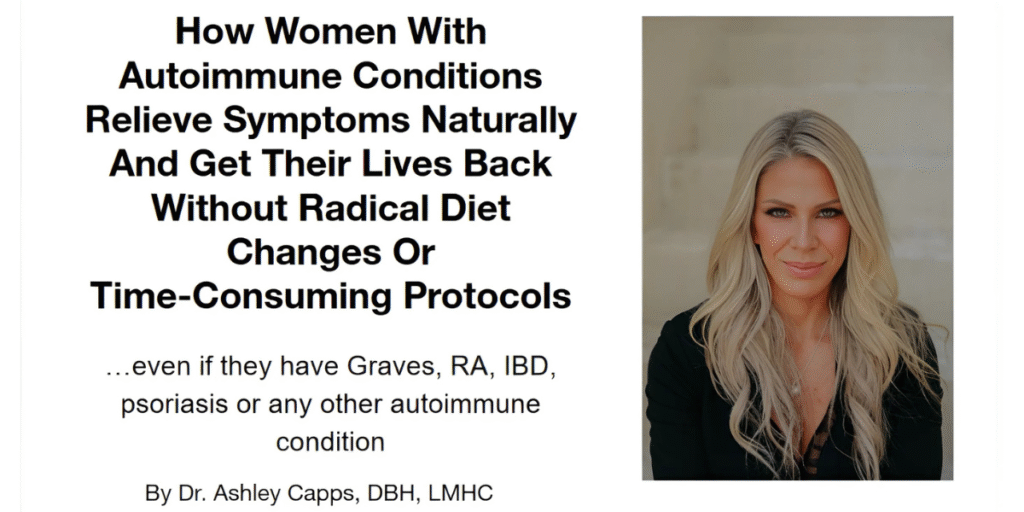The Unseen Crisis
Chronic illness, particularly autoimmune disease, affects millions of women worldwide. Yet, the journey to recovery is often incomplete, with treatments focusing primarily on physical symptoms and neglecting the emotional and psychological roots of disease. For women facing autoimmune conditions, the traditional approaches to treatment may not fully address the complexities of their experiences. Dr. Ashley K. Capps, a behavioral health doctor and licensed mental health therapist, has seen firsthand how the medical community overlooks one of the most powerful contributors to chronic illness: unresolved trauma and chronic stress.
While autoimmune diseases are often treated as conditions primarily affecting the immune system, many healthcare providers still focus predominantly on symptom suppression or standardized treatment protocols. However, Dr. Capps emphasizes that healing autoimmune diseases also require an exploration of the emotional and psychological factors contributing to these conditions, such as stress and unresolved trauma.
The Hidden Link: Trauma and Autoimmune Disease
Dr. Capps’s work suggests that chronic stress and trauma significantly affect the immune system, contributing to autoimmune disease. Her research and clinical experience have shown that unresolved trauma and nervous system dysregulation are often linked to autoimmune dysfunction.
“When a person experiences chronic stress or trauma, it doesn’t just affect their mental well-being—it affects their body, immune system, and overall health,” Dr. Capps explains. “Unfortunately, traditional medical approaches often overlook the interconnectedness between the nervous system, the endocrine system, and the immune system.”
Through the lens of psychoneuroimmunology—the study of how psychological processes, the nervous system, and the immune system interact to influence health—Dr. Capps emphasizes that stress-related inflammation within the nervous system contributes to the development or exacerbation of autoimmune conditions. Despite a growing body of research supporting this connection, many healthcare providers still overlook the psychological and emotional factors that significantly impact physical health.
